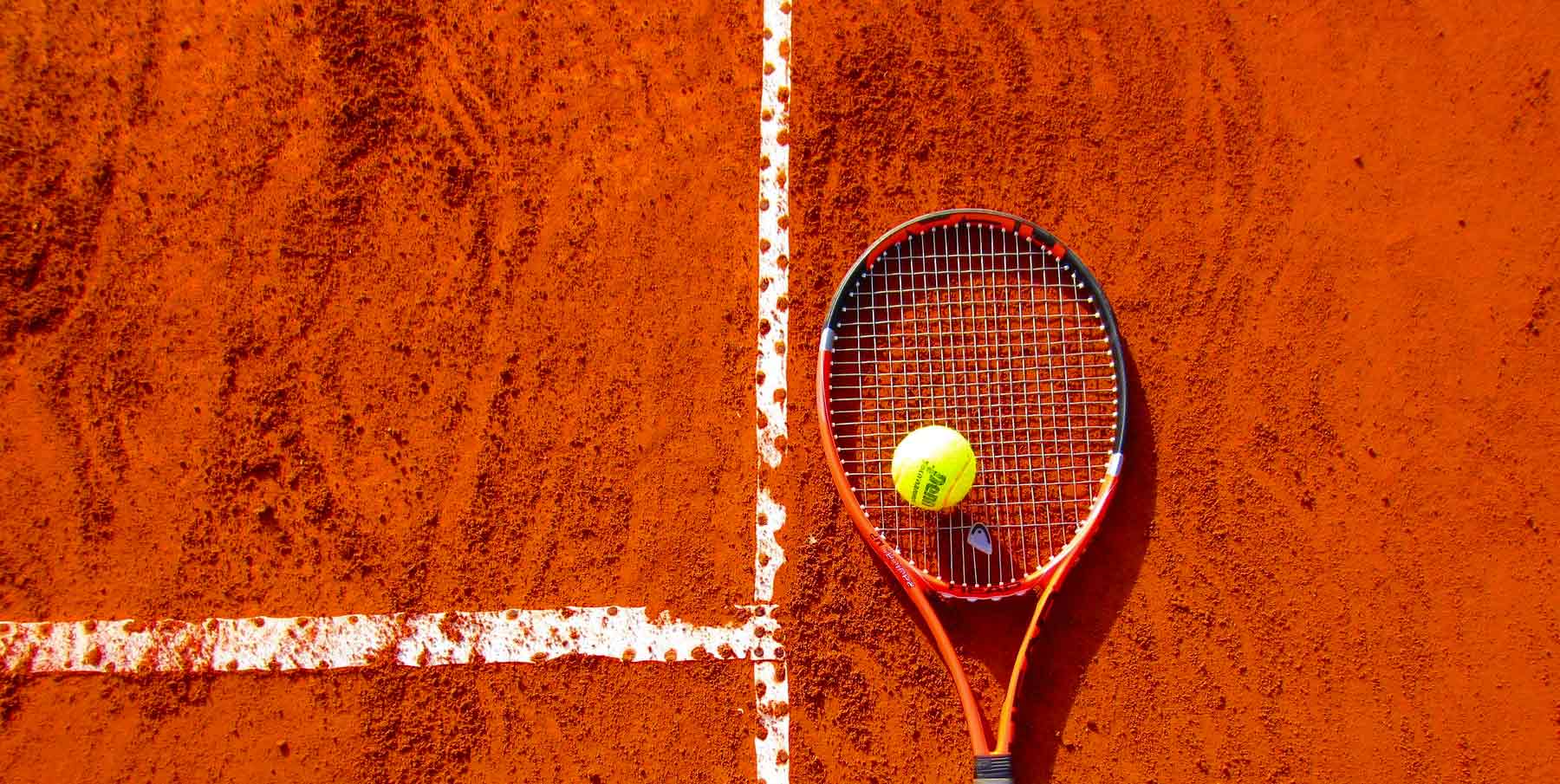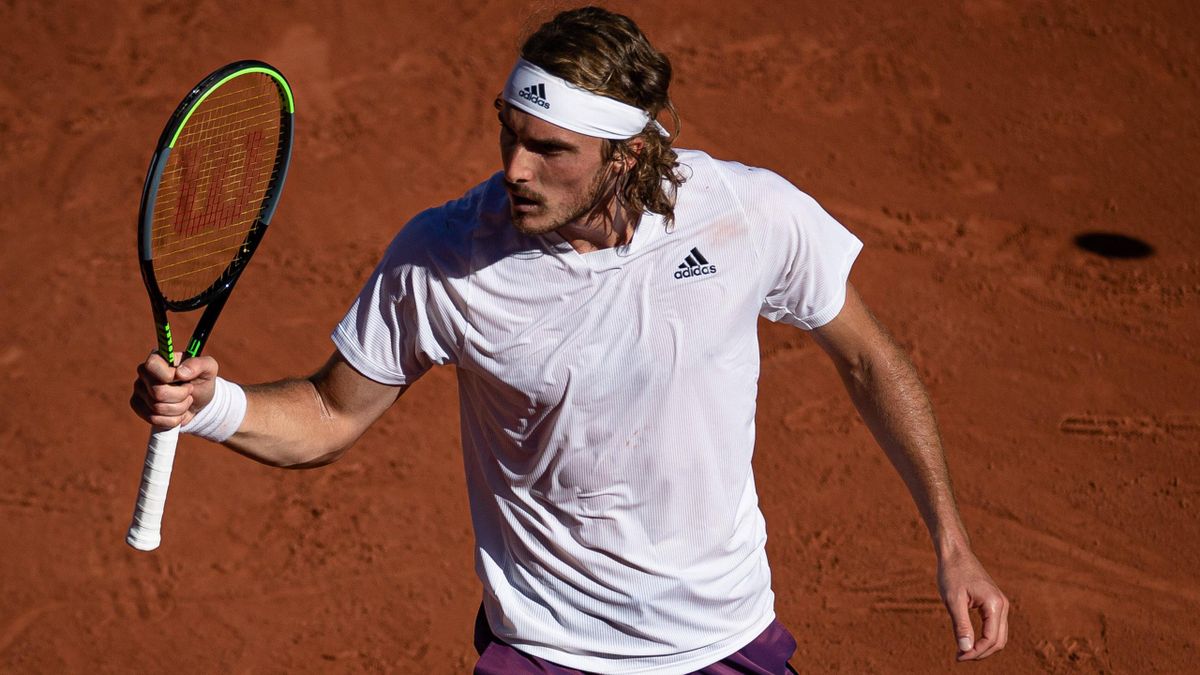This Sunday Serbian Novak Djokovic defeated Greek Stefanos Tsitsipas in a 5-set match in the final of the France International while he was leading 2 sets to 0. The world No. 1 then won his 19th Grand Slam title, only one less than Roger Federer and Rafael Nadal. It is possible that the debate on G.O.Has.T (Greatest Of All Time) is infinite but one thing is certain: Novak Djokovic is dangerously close to Roger Federer and Rafael Nadal. This second victory at Roland-Garros – after that of 2016 – against Stefanos Tsitsipas (6-7, 2-6, 6-3, 6-2, 6-4) during a match that lasted 4 hours and 11 minutes offered him a 19th Grand Slam title and, by the same token, a strong argument against his 2 competitors.  Novak Djokovic is only a stone's throw away from his two opponents. This victory at Roland allowed him to become the first player in the Open era to win at least twice all 4 majors.
Novak Djokovic is only a stone's throw away from his two opponents. This victory at Roland allowed him to become the first player in the Open era to win at least twice all 4 majors.
Tsitsipas holds the pressure
But to have been able to make history – becoming the first player to win 7 major tournaments after 30 years, one more than Nadal – he had to overcome the (over) gifted Stefanos Tsitsipas in the final. We all wondered how Tsitsipas would approach his first Grand Slam final and how Djokovic recovered from his huge physical and mental battle against Nadal in the semifinals.  From the beginning of the match, Stefanos Tsitsipas held the pressure. It must be said that as Djokovic had not yet activated the "steamroller" mode, the younger of the two players (12 years apart) was able to take the lead. Despite the break exchange at the end of the set, this first set ended in the tie-break. Tsitsipas had started well by leading 5-2 but, very quickly, he was joined by the Serb (5-5). The latter committed 2 direct faults thus offering the first set to his opponent.
From the beginning of the match, Stefanos Tsitsipas held the pressure. It must be said that as Djokovic had not yet activated the "steamroller" mode, the younger of the two players (12 years apart) was able to take the lead. Despite the break exchange at the end of the set, this first set ended in the tie-break. Tsitsipas had started well by leading 5-2 but, very quickly, he was joined by the Serb (5-5). The latter committed 2 direct faults thus offering the first set to his opponent.
Djokovic reviews his plans
In the aftermath, Tsitsipas broke at the beginning of the second set and kept this lead until the double break (5-2). But the young Greek won the set on an ace that he won 6-2. Masterful when it came to breaking diagonals with a long line shot, Tsitsipas dispatched the second set in just over half an hour (35 minutes to be exact).  As in the eighth-finals against the Italian Lorenzo Musetti, the Djoker joins the locker room to change. It's another man coming back. Facing the defending champion Rafael Nadal, Djokovic had chosen to wear down his opponent to overthrow him. But against the young Greek, this tactic did not work and the Serb had to revise his plans. He first started by hitting harder (an average of 166km/h for the second set, 173km/h for the third and finally 180km/h for the fourth). Then, he also directed his shots regularly to the outside to open the court and finish in forehand. Djoko also alternated long games and irretrievable cushioning to win the next two sets.
As in the eighth-finals against the Italian Lorenzo Musetti, the Djoker joins the locker room to change. It's another man coming back. Facing the defending champion Rafael Nadal, Djokovic had chosen to wear down his opponent to overthrow him. But against the young Greek, this tactic did not work and the Serb had to revise his plans. He first started by hitting harder (an average of 166km/h for the second set, 173km/h for the third and finally 180km/h for the fourth). Then, he also directed his shots regularly to the outside to open the court and finish in forehand. Djoko also alternated long games and irretrievable cushioning to win the next two sets.
A final fight, both physical and mental,
The last set seemed to be a physical as well as a mental fight. Facing the world No. 1 who led the exchange, Tsitsipas had to cover the entire court. And, as a result, leave feathers there. Greatly supported by the public of the Philippe-Chatrier court, the young Greek was not discouraged but gave up his serve in the 3rd game. Fatal error that benefits his elder keeping the break until the end of the set (6-4). This time was not the right one for the young Greek Stefanos Tsitsipas. The Next Gen will wait… https://youtu.be/tgF3x5c8iNo




































